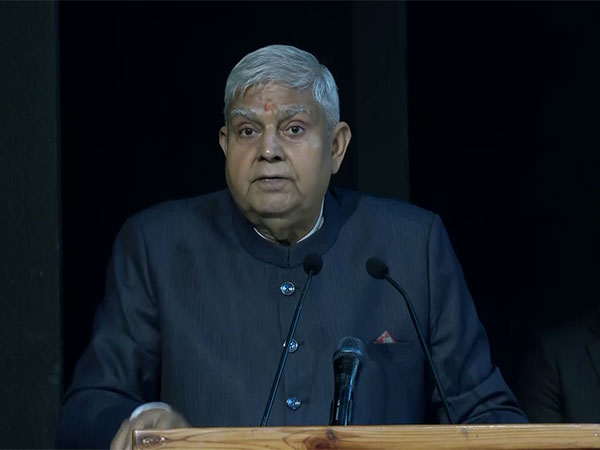Vice-President Dhankhar Advocates Women's Education for 'Viksit Bharat'
Vice-President Jagdeep Dhankhar emphasized the essential role of women's education in achieving a developed India. Highlighting historical and contemporary advancements, he praised the Women Reservation Bill and the National Education Policy, and stressed the importance of eradicating corruption for the nation's progress.

- Country:
- India
Vice-President Jagdeep Dhankhar on Saturday emphasized the crucial role of women's education in envisioning a 'Viksit Bharat', stating, 'Women and education are the two wheels of the chariot that will drive the nation.'
Interacting with students and faculty members at India International School in Jaipur, VP Dhankhar highlighted the transformative power of education, especially for women. 'Education is the biggest leveller in society, it brings equality and is a necessity for democracy to flourish. Education provides oxygen to democracy,' he stated. Reflecting on historical contexts, he noted that during the Vedic era, women held significant roles as policymakers and decision-makers.
He also lauded the recently enacted Women Reservation Bill for mandating one-third reservation in Parliament and State Legislatures, calling it a historic development. 'This is the development of the century,' he added, emphasizing its impact on women's participation in policy-making and executive functions.
Applauding the National Education Policy (NEP), Dhankhar stressed its focus on quality, purposeful education over mere degree attainment. 'Education has to be beyond degrees; it should allow students to fully exploit their talent,' he said, highlighting the policy's emphasis on skills and aptitude.
Dhankhar also underscored the importance of youth in achieving a 'Viksit Bharat' by 2047, pointing out mechanisms in place for individuals to realize their potential. He addressed the eradication of corruption from power corridors, stressing that transparent, accountable governance has been established thanks to technological advancements.
(With inputs from agencies.)










